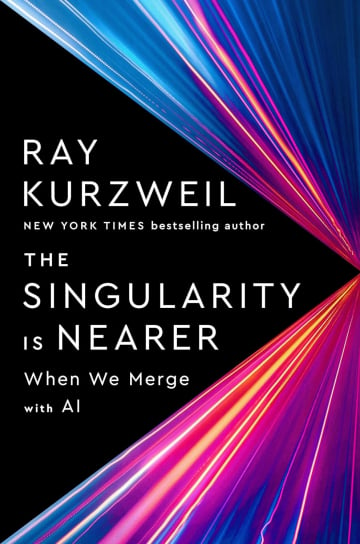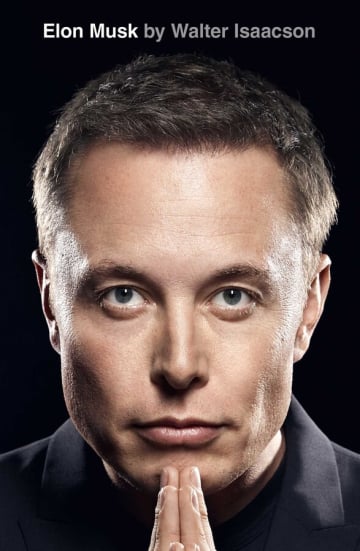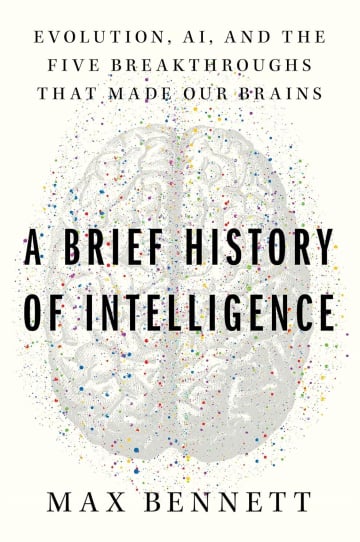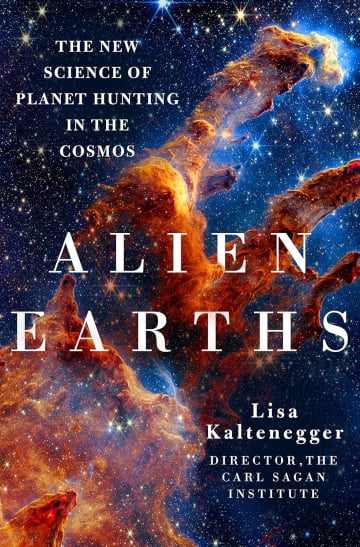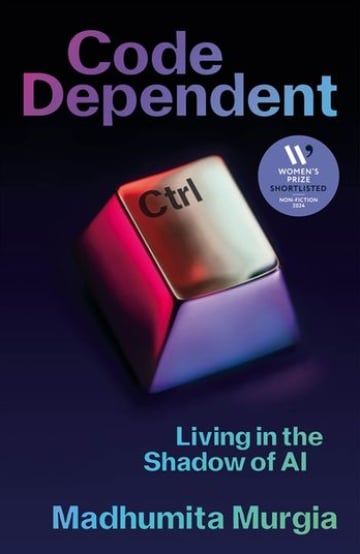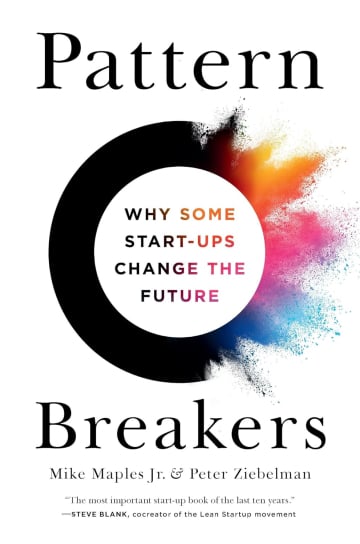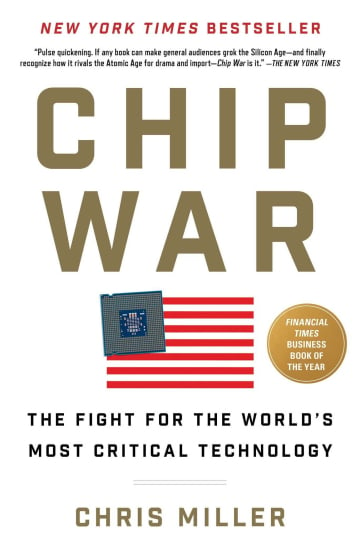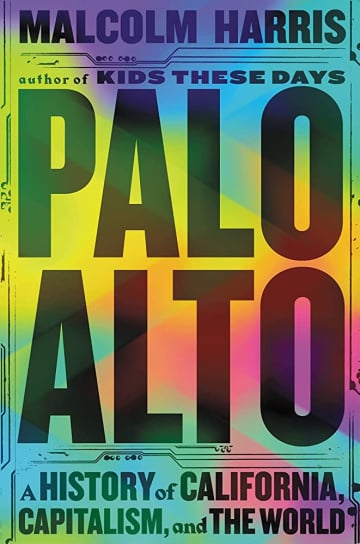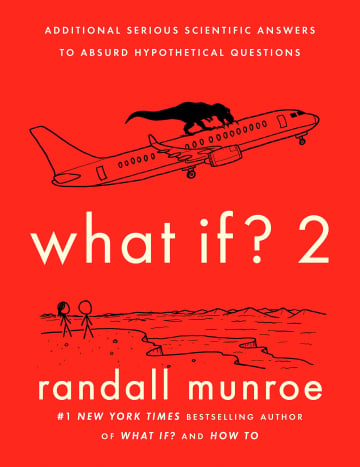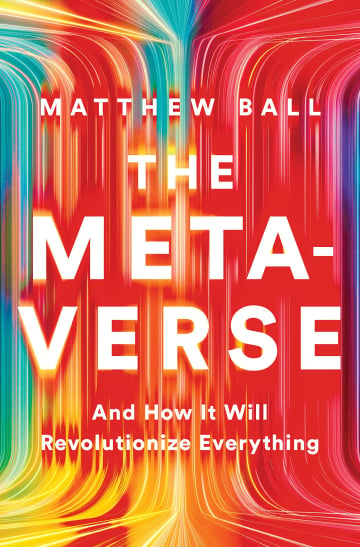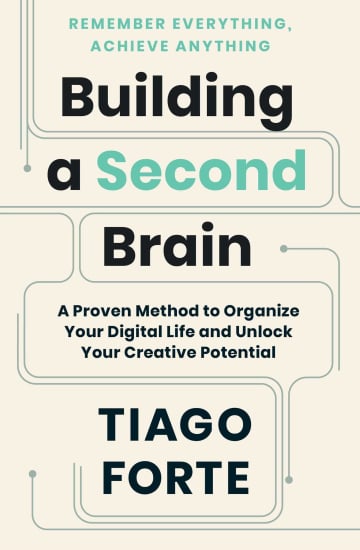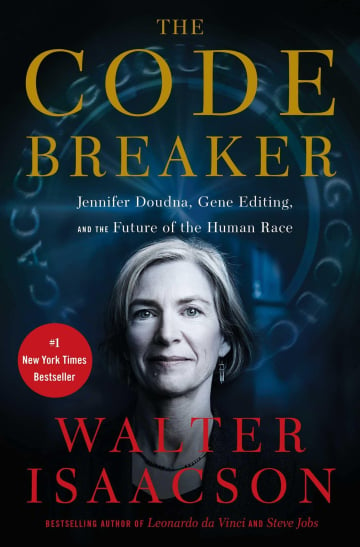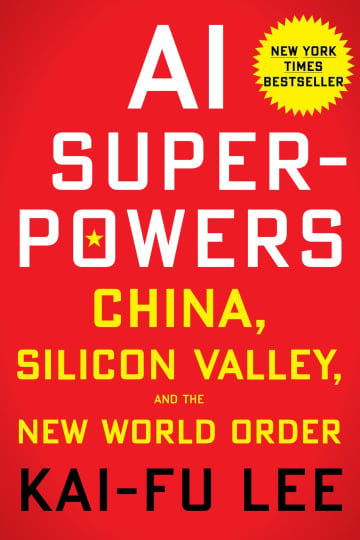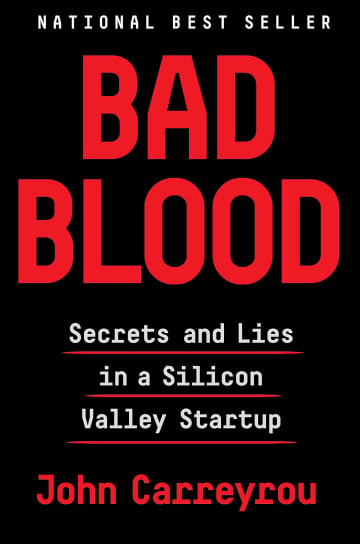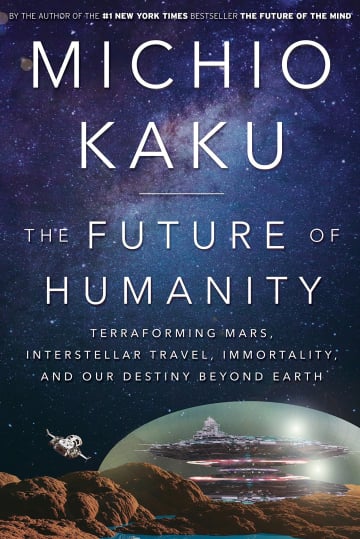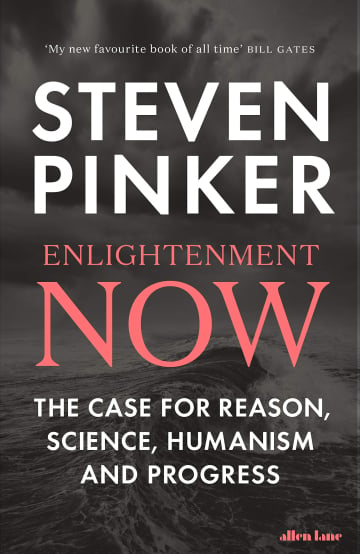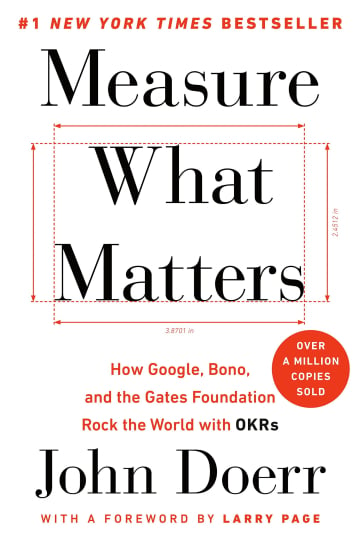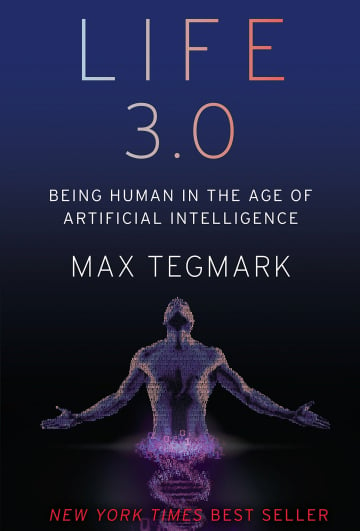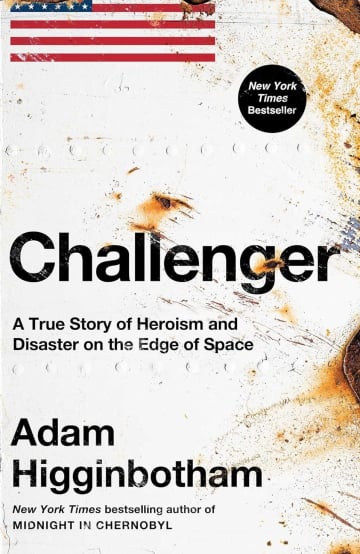
Challenger: A True Story of Heroism and Disaster on the Edge of Space
⚡️ 8 Quotes from the book
“The NASA managers and astronauts alike were in the grip of what they would later recognize as “‘Go’ Fever”—the desperate drive to push on toward a launch and keep to the schedule, regardless of the problems, in the belief that if they just kept going they could fix all the faults along the way.”
“The Apollo launchpad fire was the most lethal accident in the short history of the US space program, and the nation reeled in shock: the disaster pulled back the curtain on the technicolor adventure that to the public had begun to seem routine.”
“For all the steep sacrifice, magnificent spectacle, and superhuman achievement of the Apollo program, it had not taken long for the American people to grow tired of watching men walk on the moon.”
“Other key parts of the original concept would soon be abandoned, too—including the rocket-powered escape system necessary to save the crew if the spacecraft faced imminent destruction, especially during launch.”
“With no control and no means of escape, this made the first 122 seconds of flight the most dangerous part of any mission aboard the shuttle.”
“Astronauts and senior NASA managers alike came to regard the solid rockets as simple but reliable—little more than massive steel tubes filled with fuel; in an otherwise complex and unforgiving system, it was the one element no one had to worry about too much.”
“But by far the most important cargo aboard Challenger would be the second of the agency’s sophisticated Tracking and Data Relay Satellites—the largest of its kind ever built.”
“As the world was swept by one seismic change after another—the end of the Cold War, and the collapse of the Soviet Union; the 9/11 attacks—the harrowing memory of the Challenger disaster softened and faded, carried away by the river of history.”
Related videos
Follow the author

Adam Higginbotham is a British journalist based in New York. He is a former U.S. correspondent for The Sunday Telegraph Magazine and served as editor-in-chief of The Face. Higginbotham has contributed to The New Yorker, The New York Times Magazine, Wired, GQ, and Smithsonian. He is also the author of Midnight in Chernobyl, which won the William E. Colby Award and the Andrew Carnegie Medal for Excellence in Nonfiction.
Other books by Adam Higginbotham
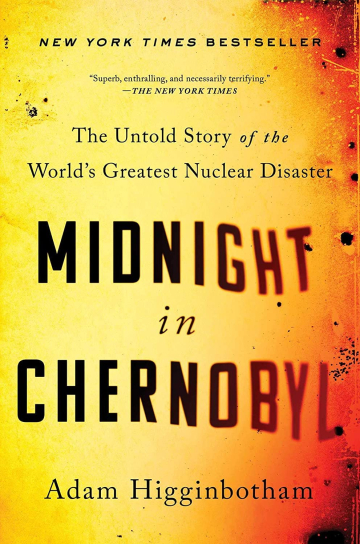
Publications
Washington Post: ‘Challenger’ is a fresh telling of one of NASA’s darkest moments
The New York Times: What We Didn’t Learn From a Space Shuttle Disaster
Associated Press: Book Review: ‘Challenger’ is definitive account of shuttle disaster and missteps that led to tragedy
The Guardian: Challenger by Adam Higginbotham review – chronicle of a disaster foretold
Ask Albert:
Rate the book
⚡️ Discover Even More Bookish Wisdom
recommends
recommends
recommends
recommends
